An initiative to undo wolf reintroduction. How affordable (really) is the "Colorado Option"? "Brutalized" with drink.
An initiative to undo wolf reintroduction.
There's nothing like fixing a mistake. Nothing quite so satisfying.
I hope that we get a chance to do that with wolf reintroduction. About a week ago, a group filed an initiative to be on the 2026 ballot to end wolf reintroduction.
Links one and two below are for a Colorado Politics article on the topic and the webpage of the group trying to run the initiative respectively.
Right now the initiative is in the very beginnings of a LONG process (see the third link below for the Secretary of State's explainer page on the process).
But that doesn't mean there's nothing that you can do to help.
I first encountered the initiative on Twitter prior to seeing the article, so I included a screenshot (from the third link below) about what you can do to get involved. That is screenshot 1.
You can also visit the website for the group, sign up for their newsletter (at the bottom), and I'm sure they'll keep you up to date for ways to help.
I have signed up myself and so will post as I get things.
If you are familiar with the initiative process, you have a big chance to be of service by watching the initiative as it makes its way through the process. I am almost sure that the fight over this will start there; the fight over things like mountain lion hunting ban started there too.
I linked (4th below) to the Secretary of State's initiative tracker page below. Things are so new that they've not yet rolled over the calendar, but you can bookmark the link and check back.
https://www.coloradopolitics.com/news/colorado-ballot-measure-wolf-reintroduction/article_65b59508-ca1d-11ef-b77f-0373d7cbe87b.html
https://www.smartwolfpolicyco.com/
https://x.com/ChuckDuray/status/1875363027723194677
https://www.sos.state.co.us/pubs/elections/Initiatives/titleBoard/
Related:
After getting in touch with Mr. Davis (one of the proponents of the initiative), he sent me their Jan 3 press release. Linked below.
https://docs.google.com/document/d/1BKYjM5OgB9RZv-OgnCU1MWLj5078S-2R/edit?usp=sharing&ouid=105405937749106967542&rtpof=true&sd=true
How affordable (really) is the "Colorado Option"?
Now-Senator, then-Representative Dylan Roberts was one of the sponsors of a 2021 bill (linked first below) creating the Colorado Option, an insurance plan for sale on the single-payer and small-group market that required certain standardized benefits and mandatory cuts in the price.
Some of the more intrusive parts of this law by the freedom-loving, "moderate" Senator are shown in screenshots 1 and 2 attached.
Linked second below is an op ed by Rep Hartsook looking at the Colorado Option a few years on. Rep Hartsook is not, let's say, impressed. Neither am I.
It turns out that, contrary to what sponsors Roberts, Jodeh, and Donovan (along with their Democrat colleagues who voted for and/or signed this law) must have imagined, having the government intrude into the private sector doesn't make things better or cheaper. The best we could hope for with it would be no change, but, sadly, we often see the opposite. We see the governments ham-fisted bungling making things worse.
This has apparently been the case with the Colorado Option. Hartsook takes as a reference a study linked third below. The picture this study paints of the Colorado Option is not a pretty one. His op ed is worth a read, but I want to focus in here on a couple of things from the study that Hartsook references (the study is also worth a look incidentally).
First, look at screenshot 3 attached from the study.
This is a color-scale picture showing the price Coloradans pay for the Colorado Option relative to the nearest, non-governmentally mandated plan. Dark shades show the Colorado Option as being higher in price (with the intensity of the color denoting the size of the gap--more intense means more differential). Lighter shades show the Colorado Option as being cheaper (again with intensity, this time to the lighter end, showing an increased differential).
Clearly the Colorado Option is (mostly) a winner for the Western parts of the state, a wash in the populous Front Range, and a disaster on the Plains.
Turn now to screenshot 4 from the study.
This is a graph showing the rate of uninsured people by year. The blue line is Colorado. The green is an average for states WITHOUT a public option like the Colorado Option, and the black line is the US average. Again, the pattern shown here does not demonstrate that the Colorado Option is getting people into coverage. Colorado is below the US average, yes, but we are also below those states that lack a public option.
One last thing, adn I wanted to put this up because it dovetails with something I've had readers send me before. Quoting Hartsook's op ed:
"Even where marginal premium savings were observed, they generally came about simply by concealing the costs into higher deductibles. The lesson, again, is that there is no such thing as “free” healthcare — just sleight-of-hand with the costs. A $5,000 or even $10,000 deductible does not equate to “affordable” and “accessible” for most Coloradans."
Hear hear. You must remember that when the government steps in on the market and forces things on companies, a whole series of responses happens. Some companies leave the market (we've seen that with the Colorado Option). Some companies meet the letter of the law, but figure other ways to continue to try and operate in the market (like the cost shifting above).
There is indeed no such thing as "free" healthcare. You cannot mandate a certain profile of coverage which all people in the market may or may not need and/or want along with a certain price and expect that with hope, magic, and unicorn dreams that it will happen.
Life doesn't work like that and the results of trying are evident in the failure of the Colorado Option.
https://leg.colorado.gov/bills/hb21-1232
https://www.coloradopolitics.com/opinion/colorado-option-is-a-costly-failed-experiment-opinion/article_eccb78b4-b686-11ef-b58e-33dcd271f96e.html
https://coloradoshealthcarefuture.org/wp-content/uploads/2024/11/FTI-Article_Colorado-Option-Snapshot_2024-11-11.pdf
"Brutalized" with drink.
That time of the week again! Now that we're clear of the holidays, it'll be (mostly) back to ending the week's postings on a Friday.
I will have something coming up tomorrow (a time-sensitive post I wanted to sneak in), so it won't be the last post til Sunday, but it is the last on a Friday. As such, I'm going to plow ahead with something for fun.
I am listening to The Count of Monte Christo as an audiobook right now, and in one of the scenes the author (perhaps "translator" or "author and translator" would be more appropriate given that it's a translation from French and translation ain't an exact science) refers to a character as having been brutalized by drink.
The context of this passage didn't quite square with the usual definition--that of being synonymous with "pummeled" or "beaten up". In fact, the context made me think that the author used it in the sense of "making a brute (coarse oaf) of" someone.
I don't know that I'd heard that usage before, so I checked up. Sure enough, per the attached screenshot, brutalize can mean both to attack and to desensitize.
Something to toss in your pocket and mention to other people later. Maybe even better, just toss the word in with its second usage and wait for the questions to roll in so you can namecheck The Count of Monte Christo.
Whatever you do, enjoy the rest of your Friday and I'll see you tomorrow for an important post!
Related:
While we're on the topic of books, I thought I'd share with you one I recently finished listening to.
It's called the Book of All Power. Don't expect high literature here, but it's a decent story.
The thing that attracted me was that it takes place spanning the Russian Revolution. I nibble at Russian history from this period, so it was interesting to read a book that had bits and pieces of it in there (and that was written not too long after the revolution itself).
For me it helped solidify the impression of just how brutal the revolution was. They don't use the name here, but the Bolsheviks were absolutely ruthless. This violence was, of course, followed in short order by more brutality from Stalin.
And then WWII.
I put a Wikipedia link to the story below if you want to read up some more.
https://en.wikipedia.org/wiki/The_Book_of_All_Power

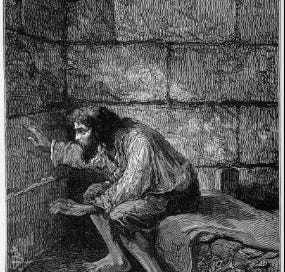

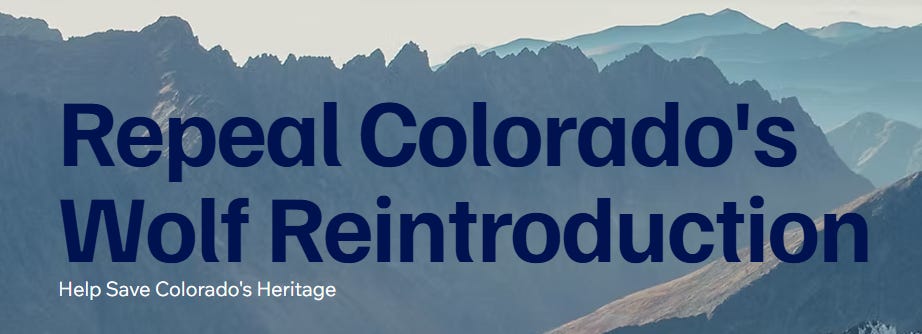
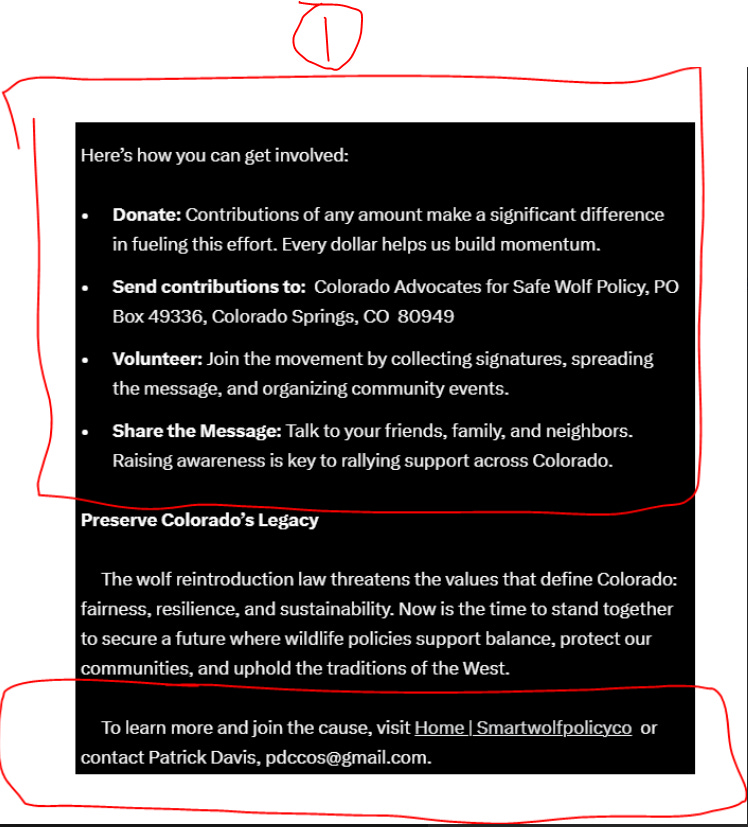
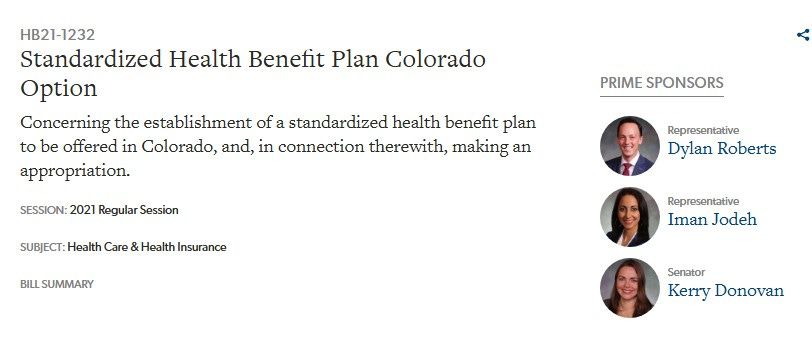
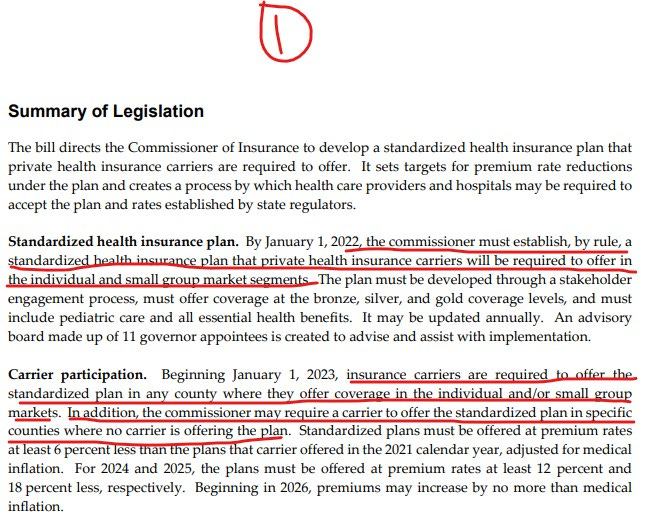
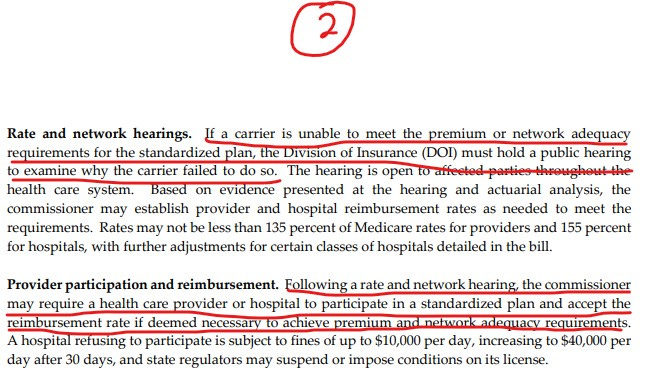
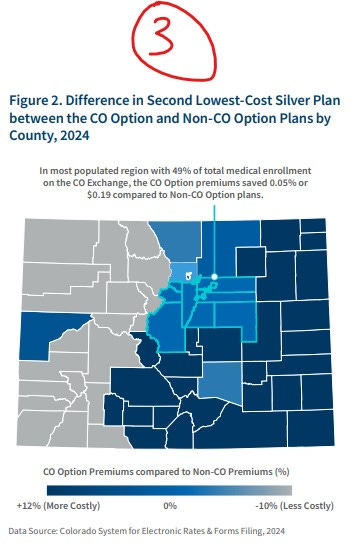
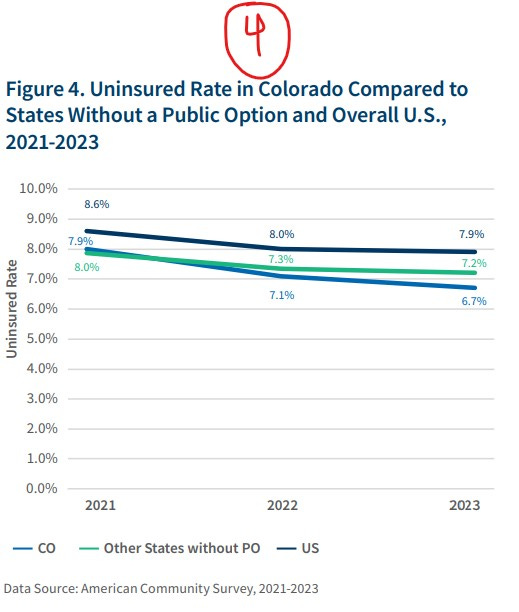
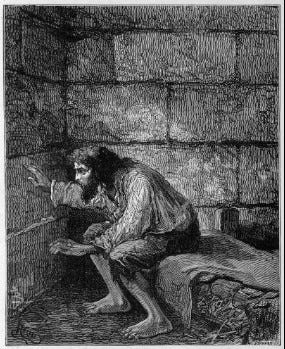
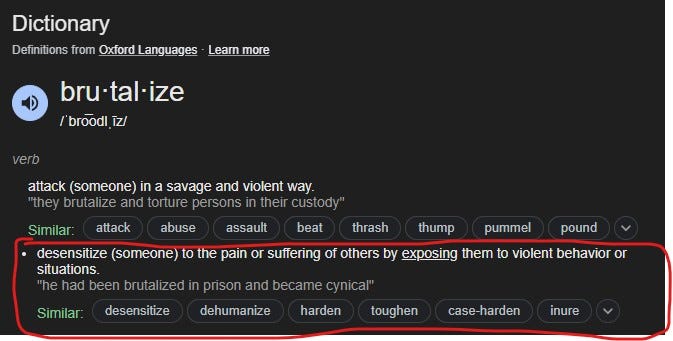
Why doesn't the state start its own Health Savings Account (HSA) modeled on the federal HSA? And, please, no income ceiling penalty which stymies participation in many other state and federal programs.